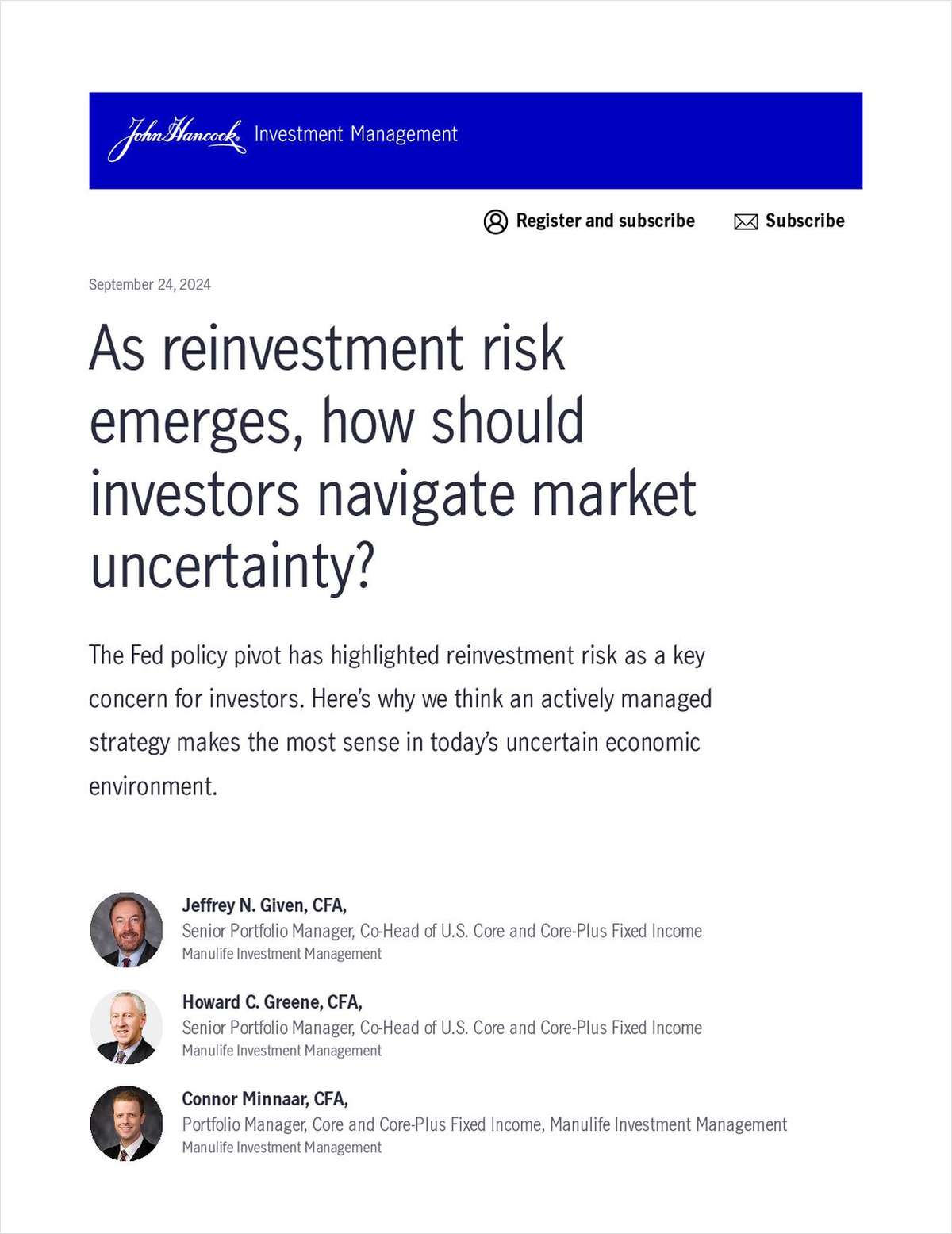Kev Coleman is the kind of company starter who could cause nightmares for some health insurance agents and brokers in the world of the Patient Protection and Affordable Care Act (PPACA) and cure headaches for others.
The new PPACA health insurance exchanges are supposed to help individuals and small groups find health coverage as easily as they would buy airline tickets through Travelocity or TravelHero.
Coleman's startup, HealthPocket Inc., runs http://www.healthpocket.com — a website that tries to present the same kind of health insurance plan coverage and price information that the government's HealthCare.gov site provides in a simpler, more convenient, easier-to-use, better-marketed format.
HealthCare.gov, for example, gave me very detailed plan availability information for Hoboken, N.J., but getting to the results took many, many clicks.
To get a rough idea of what plans in Hoboken cost through HealthPocket.com, all I had to do was enter my ZIP code.
While waiting for the PPACA exchanges and market rules to get going, "the key question for us is how consumers will respond," Coleman said. "Health insurance is a topic consumers research only when they have to."
To get consumers to take advantage of the new options that are supposed to be available through PPACA, someone — health insurers, the exchanges, the government, existing private exchanges, startups like HealthPocket, or, of course, traditional health insurance agents and brokers — have to get consumers to learn about the available options, understand the options, and make choices.
For traditional health insurance producers who've been making a living by simply providing the kind of information that HealthCare.gov provides and sliding a paper form in front of consumers' faces, the future might be difficult.
Exchanges have talked about wanting to help the kinds of consumers who have no idea how to get Travelocity to work by sending out "assisters" who might make just $50 per application. Most health producers seem to turn green at the idea that anyone will have the energy to help those befuddled consumers sign up for coverage for $50 per head.
But, for those befuddled consumers, the question is where the money to pay for better service will really come from.



